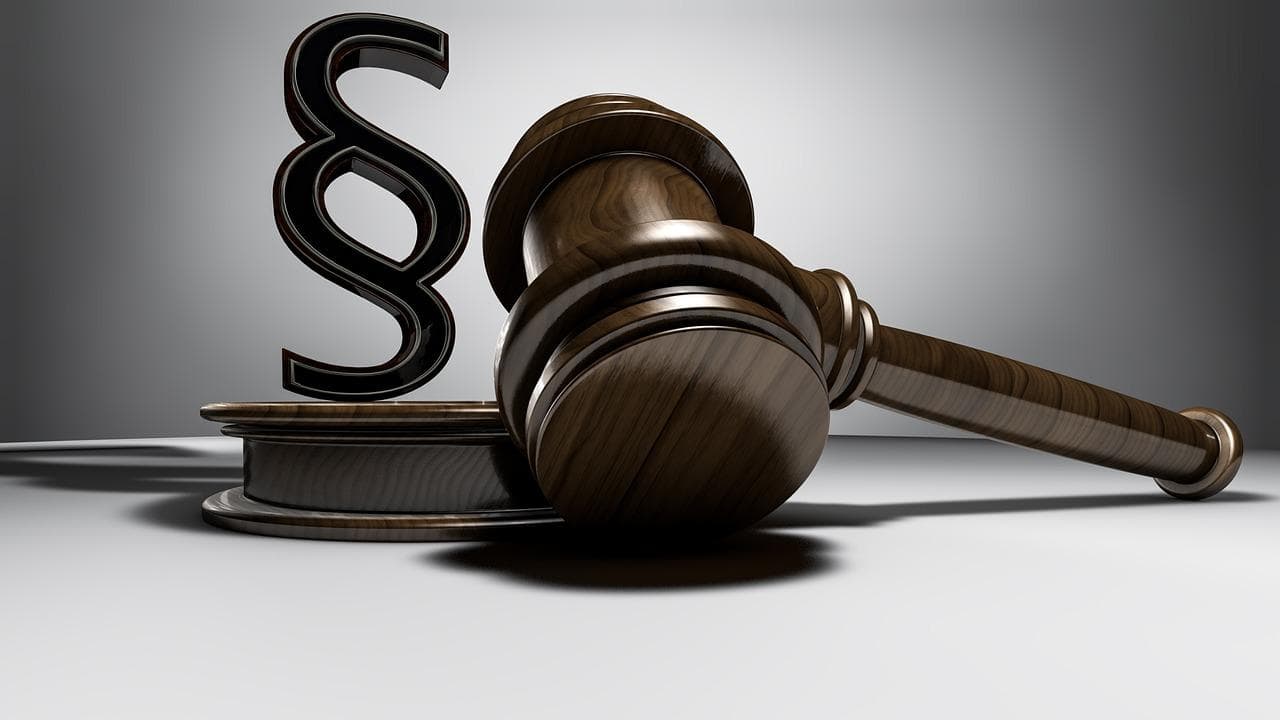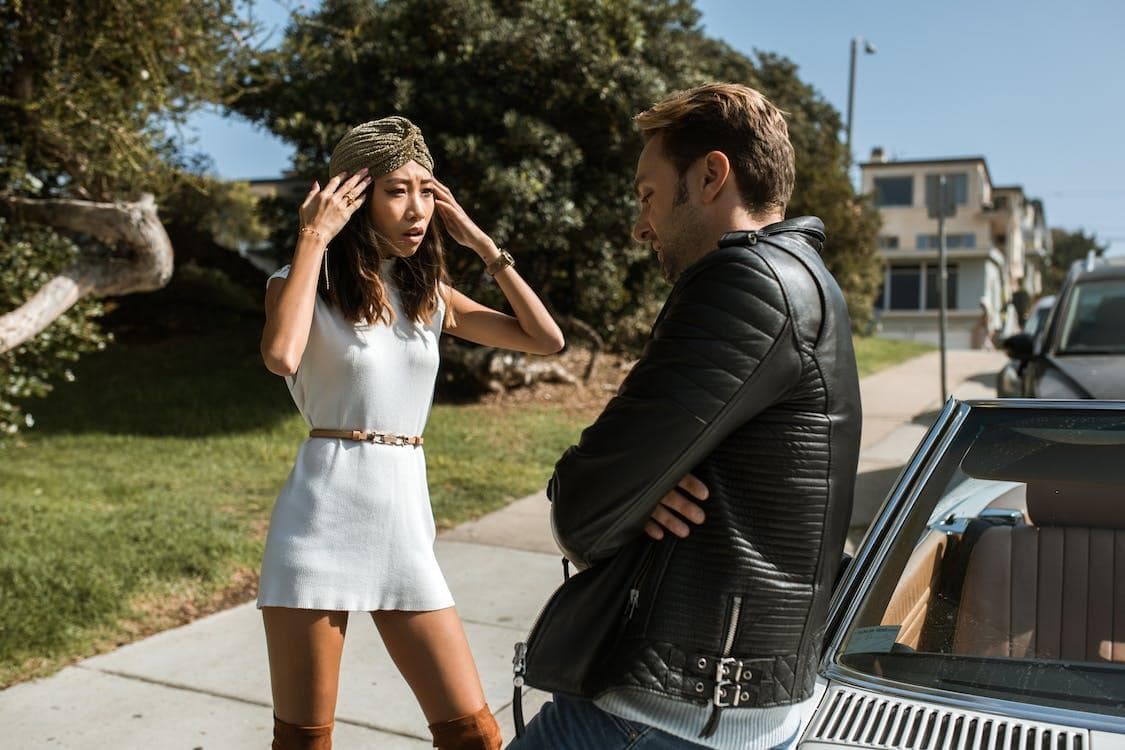
False allegations can turn your life upside down, bringing stress, anxiety, and damage to your reputation. If you find yourself asking, “What can I do if someone makes false allegations against me?” you’re not alone.
Incidents where we see a prosecutor pressing criminal charges when false accusations happen are more common than you think. However, the one accused of a crime may even put up a false statement to avoid facing legal action.
Therefore, if you want to sue someone for making false accusations, you need a law firm to help you with the process. Moreover, educating yourself on this matter is just as crucial.
Thus, this guide will walk you through steps to defend yourself against false accusations, what to avoid, and how an experienced criminal defense attorney can assist you.
Understanding False Allegations
False allegations occur when someone accuses you of actions or behaviors that you did not commit. These can be related to criminal activities, like theft, assault, or even serious charges such as sexual harassment, sexual assault or domestic violence.
The consequences of these false accusations can be severe, affecting your personal and professional life. Before you wonder whether they fall into criminal and civil charges, you need to know the immediate steps to take.
Immediate Steps to Take
1. Remain Calm
The first and most crucial step is to remain calm. Reacting emotionally can lead to mistakes that might harm your case. It’s natural to feel angry or scared, but maintaining composure will help you think clearly and act rationally.
2. Gather Evidence
Start gathering evidence that supports your innocence. This might include:
- Physical Evidence: Any tangible items that prove your whereabouts or actions.
- Documentation: Emails, messages, or documents that refute the allegations.
- Witnesses: Statements from people who can vouch for your character or provide an alibi.
3. Avoid Contact with the Accuser
It’s essential to avoid any direct contact with the person falsely accusing you. Any interaction could be misinterpreted or used against you. Communicate through your attorney if necessary.
4. Seek Legal Counsel
Consulting an experienced criminal defense attorney is crucial. They can guide you through the legal process, help you understand your rights, and build a strong defense. An experienced lawyer will know how to handle false accusations and can prevent further damage.
How to Defend Yourself Against False Accusations
A district attorney can aid in criminal proceedings in a criminal or civil case. However, there’s more to defending yourself than you should keep in mind. Therefore, here’s a quick breakdown of what it may look like.
1. Legal Representation
Hire an experienced criminal defense attorney who specializes in false accusations. They can:
- Assess Your Case: Evaluate the allegations and gather evidence.
- Develop a Strategy: Create a defense strategy tailored to your situation.
- Represent You in Court: Advocate on your behalf during court proceedings.
2. Filing a Counter-Claim
In some cases, you might have grounds to file a counterclaim, such as a defamation lawsuit. Defamation occurs when someone makes false statements that harm your reputation. Your attorney can help you determine if this is a viable option.
3. Cooperate with Law Enforcement
If law enforcement officers are involved, cooperate fully but do so with your attorney present. This ensures you don’t inadvertently say something that could be used against you. Even if you want to sue a news channel for false information, the law enforcement agencies can help you if you’ve been cooperative through the process.
4. Challenge the Evidence
Your attorney will scrutinize the evidence presented against you. They will look for inconsistencies, inaccuracies, or any signs of a false police report. Challenging the validity of the evidence can weaken the prosecution’s case.
5. Present Alibi or Witnesses
If you have an alibi or witnesses who can confirm your innocence, your attorney will ensure their testimony is presented effectively.
6. Highlight Ulterior Motives
Sometimes, false allegations are made out of spite, jealousy, or other ulterior motives. If this is the case, your attorney will work to expose these motives to discredit the accuser.
What Not to Do When You Are Falsely Accused
1. Do Not Destroy Evidence
Destroying evidence can make you look guilty and lead to additional charges. Preserve all relevant evidence, and let your attorney decide what is pertinent to your defense.
2. Do Not Plead Guilty
Never plead guilty to a crime you didn’t commit, even if it seems like the easier option. A guilty plea can have long-lasting consequences on your record and life.
3. Do Not Discuss Your Case Publicly
Avoid discussing your case with anyone other than your attorney. Public statements, especially on social media, can be misinterpreted and used against you.
4. Do Not Contact the Accuser
As mentioned earlier, do not attempt to contact the person making false accusations. This could escalate the situation and be used as evidence against you.
Legal Actions You Can Take
1. Defamation Lawsuit
If the false allegations have damaged your reputation, you may be able to file a defamation lawsuit against the accuser. Defamation involves making false statements that harm someone’s reputation, and proving this can lead to compensation for damages.
2. Malicious Prosecution
Malicious prosecution occurs when someone initiates criminal or civil proceedings against you without probable cause and with malicious intent. If you can prove malicious prosecution, you may be entitled to compensation.
3. False Reporting
If the accuser filed a false police report, they might face criminal charges themselves. Reporting false information to law enforcement is illegal and can lead to penalties for the false accuser.
Emotional and Psychological Impact
False accusations can take a toll on your mental health. It’s important to seek support from friends, family, or professional counselors. Managing stress and anxiety is crucial for maintaining your well-being during this challenging time.
Preventive Measures
1. Know Your Rights
Understanding your legal rights can help you navigate false accusations more effectively. Your attorney can educate you on what to expect and how to protect yourself.
2. Keep Records
Maintain detailed records of interactions, transactions, and communications. Having a documented history can be invaluable if false accusations arise.
3. Be Cautious with Social Media
Be mindful of what you post on social media. Anything you share publicly can be scrutinized and potentially used against you in a legal case.
The Role of an Attorney in False Accusation Cases
An experienced criminal defense attorney is invaluable when facing false accusations. Here’s how they can help:
1. Legal Expertise
Attorneys understand the complexities of the legal system and can navigate it effectively. They know the procedures, laws, and strategies needed to defend against false accusations.
2. Investigation
A criminal defense lawyer will conduct a thorough investigation into the allegations. They will gather evidence, interview witnesses, and identify inconsistencies in the accuser’s story.
3. Defense Strategy
Your attorney will develop a robust defense strategy tailored to your case. This includes challenging evidence, presenting alibis, and highlighting any ulterior motives behind the false allegations.
4. Representation in Court
Having a skilled attorney represent you in court is crucial. They will advocate on your behalf, present evidence, and cross-examine witnesses to protect your rights and reputation.
5. Negotiations
In some cases, your attorney may negotiate with the prosecution to reduce charges or seek a dismissal. Their goal is to achieve the best possible outcome for your situation.
How an Attorney Can Help You in a Case of False Allegations
False allegations can be distressing and damaging, but an experienced criminal defense attorney can provide critical assistance in several ways. Here are key points on how an attorney can help you:
- Legal Expertise: An attorney’s deep understanding of laws and defense strategies enables them to navigate complex legal processes effectively and tailor a strong defense for your case.
- Case Assessment: Your attorney will thoroughly review the allegations, identifying strengths, weaknesses, and inconsistencies to build a robust defense strategy.
- Gathering Evidence: Attorneys collect physical evidence, documents, and witness testimonies, sometimes using forensic experts, to support your innocence and challenge the prosecution’s case.
- Developing a Defense Strategy: They create a defense strategy tailored to your situation, which may include presenting alibis, challenging evidence, and exposing any ulterior motives of the accuser.
- Representation in Court: An attorney represents you in court, presenting evidence, cross-examining witnesses, and negotiating with prosecutors to reduce charges or seek dismissal.
- Protecting Your Rights: They ensure your legal rights are protected throughout the investigation and trial, advising you to avoid self-incrimination and ensuring fair treatment.
- Filing Counter-Claims: Your attorney can help you file defamation or malicious prosecution lawsuits against the accuser, seeking compensation for damages caused by false allegations.
- Damage Control: They advise on managing and mitigating damage to your reputation caused by false allegations and help you take preventive measures to protect your legal rights in the future.

Final Thoughts
Facing false allegations is a daunting experience, but you don’t have to navigate it alone. If you’re wondering, “What can I do if someone makes false accusations or allegations against me?” the key steps are to remain calm, gather evidence, avoid direct contact with the accuser, and seek legal counsel.
Protect Your Rights and Reputation with BLG
An experienced criminal defense attorney can provide the expertise and representation needed to defend against false accusations and protect your rights.
By understanding the process and taking proactive measures, you can effectively defend yourself and work towards clearing your name.
At BLG, we understand the devastating impact false allegations can have on your life. Our team of experienced criminal defense attorneys is dedicated to protecting your rights and reputation.
Contact us today for a free consultation.
FAQs
Why would someone falsely accuse you?
Someone might falsely accuse you out of malice, revenge, misunderstanding, or to deflect blame from themselves.
What is the difference between accusation and allegation?
An accusation is a claim that someone has done something wrong or illegal, often with a sense of certainty. An allegation is a claim that has not yet been proven, typically used in a legal or formal context.
What is it called when someone falsely accuses you of something?
It is called a false accusation or a wrongful accusation. In legal terms, it can also be referred to as defamation or slander, depending on the circumstances.

